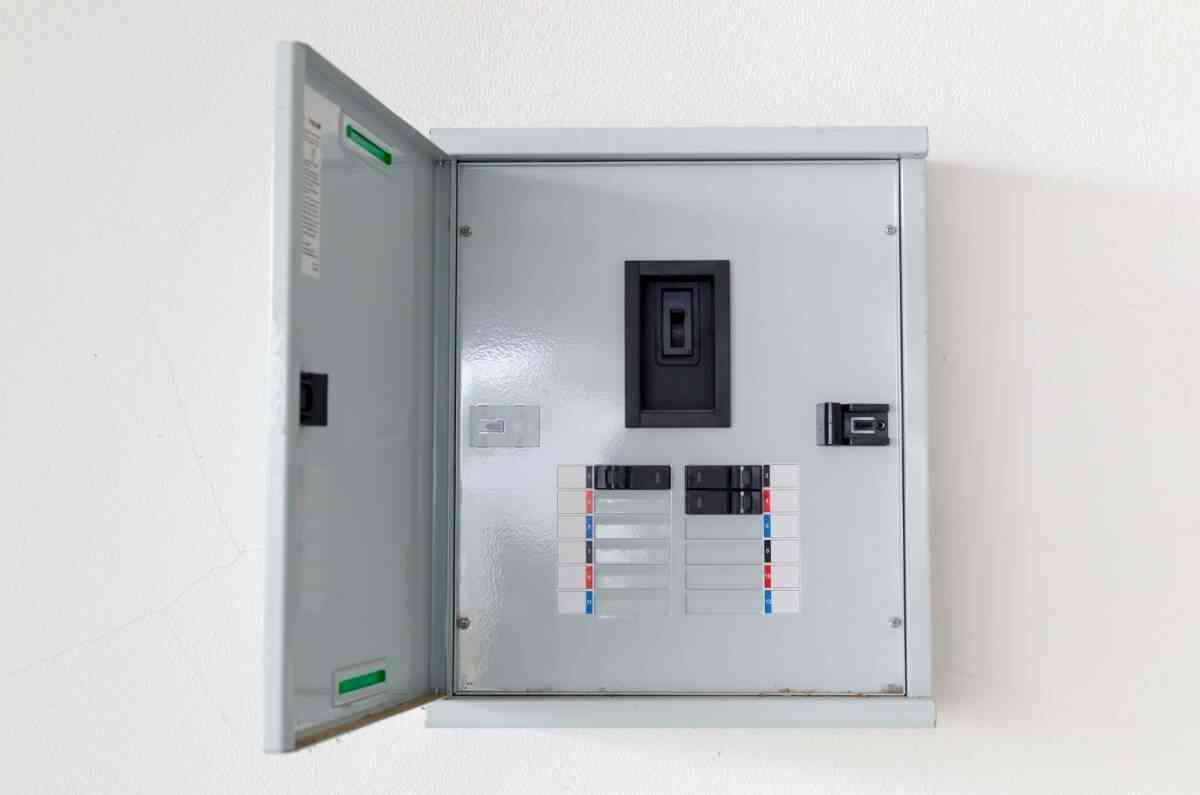What You Need To Know About Circuit Breakers And How They Protect Your Home
- - Category: Tools & Equipment
- - 27 Sep, 2023
- - Views: 149
- Save

Understanding the importance of circuit breakers in your home.
As a homeowner, you may not think much about your electrical system until something goes wrong. But understanding the basics of your home's electrical system, especially when it comes to circuit breakers, can help protect your home and keep your family safe. In this blog post, we'll explain what you need to know about circuit breakers and how they protect your home.
What are Circuit Breakers?
Circuit breakers are devices that protect your home's electrical system by automatically turning off the power when there is a problem. They work by detecting an overload in the electrical circuit, which can be caused by too many appliances or devices being used at once, a short circuit, or a ground fault. When the circuit breaker detects a problem, it trips and shuts off the power to that circuit, preventing electrical fires and other hazards.
How Do Circuit Breakers Protect Your Home?
Circuit breakers protect your home from electrical hazards in several ways. First, they prevent electrical fires by cutting off power to overloaded circuits. Without circuit breakers, an overloaded circuit could cause the wiring to overheat and ignite surrounding materials, such as insulation or wood. Second, they protect against electrical shocks by shutting off power in the event of a ground fault. If an electrical current flows through a person's body, it can cause serious injury or even death. A ground fault occurs when an electrical current finds an alternate path, such as through a person's body, instead of returning through the neutral wire. In both cases, circuit breakers protect your home and family by shutting off power before the situation becomes dangerous.
Types of Circuit Breakers
There are several types of circuit breakers, each with its own purpose and benefits. The most common types are standard circuit breakers, which are used to protect against overloads and short circuits. Ground fault circuit interrupters (GFCIs) are used to protect against ground faults and are typically required in wet areas, such as bathrooms and kitchens. Arc fault circuit interrupters (AFCIs) are used to protect against arc faults, which can be caused by damaged or frayed wiring. Combination AFCI/GFCI circuit breakers offer combined protection against both arc faults and ground faults in one device.
Maintaining Circuit Breakers
To ensure your circuit breakers continue to protect your home, it's important to have them inspected and maintained regularly. If you experience frequent tripping of a circuit breaker, it could indicate an overloaded circuit or a malfunctioning breaker. A qualified electrician can inspect your circuit breakers and wiring to prevent potential hazards.
Circuit breakers are a vital component of your home's electrical system, protecting against electrical hazards and providing peace of mind. Understanding how they work and the different types of circuit breakers available can help you make informed decisions about your home's electrical safety. For more information or to schedule an inspection of your circuit breakers, contact a qualified electrician in your area.



